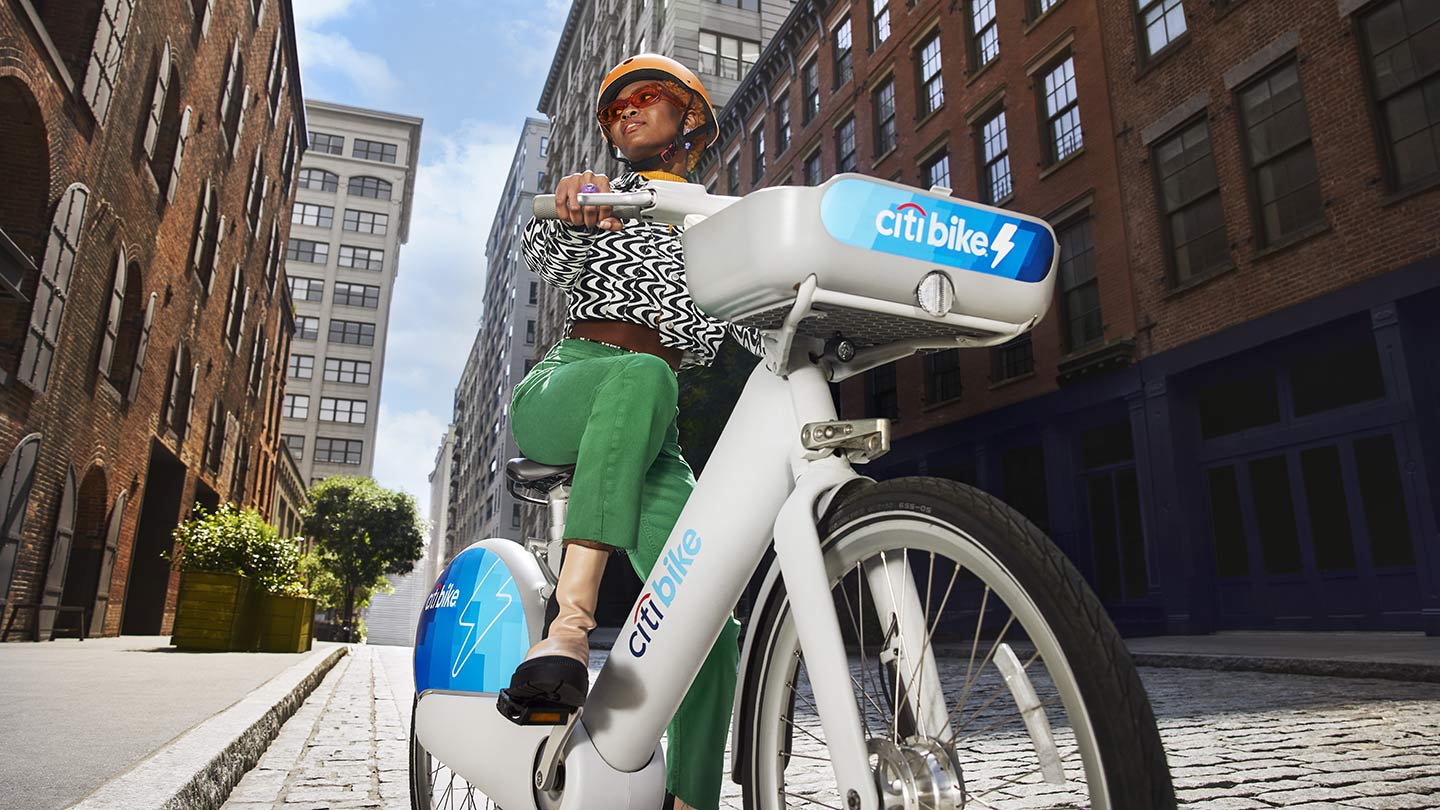Money
Money
Take a new approach to managing credit, savings and making smarter financial choices with expert advice from Life and Money by Citi.

Products and Services
Products and Services
Around the world, Citi has strategic locations where our employees go to work each day to support our core businesses and drive solutions for our clients.
